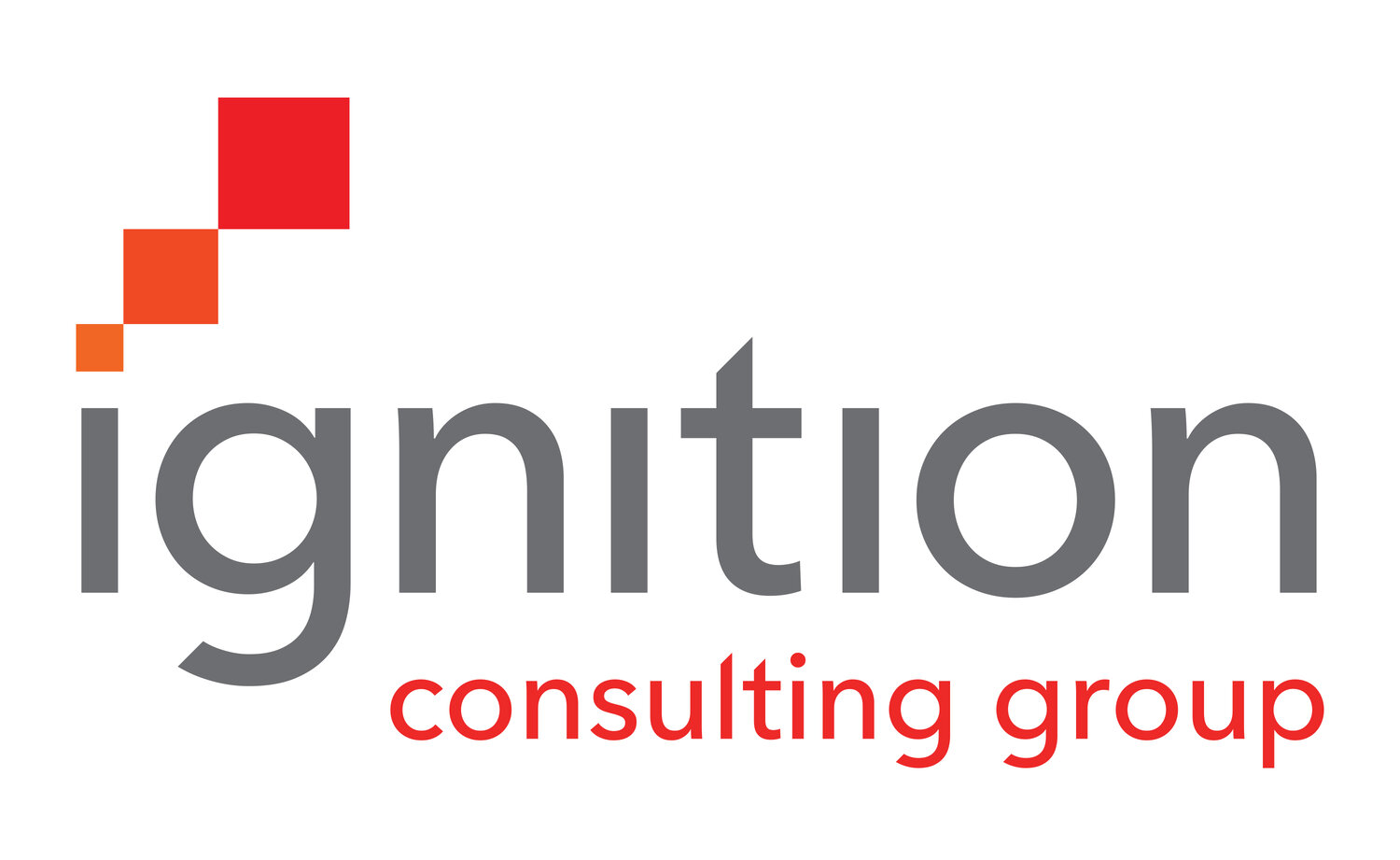Turning Your Firm Into A Destination
By Tim Williams
Would a prospective client travel 1,000 miles to do business with your firm? That’s one of the litmus tests of a strong agency positioning strategy. Unless you’re satisfied attracting local business from the local market (and some agencies are), you should devote some thought to how you can become what I call a “destination agency.”
Let’s look at it this way. If your agency positioning strategy is “A full-service agency offering all major services to a wide variety of clients,” you’re most likely to attract clients within a 200-mile radius. The marketers looking for a generalist agency (one that can do “everything”) are the smaller, less sophisticated clients with smaller budgets.
If, on the other hand, your firm aspires to work for a large brand, these companies aren’t looking for a generalist, but rather best-in-class specialists. Most Fortune 1000 companies now have close to 20 agencies. Last time I counted, Kraft had more than 70.
In fact, agency focus and client size are inversely related. The larger the client company, the more likely they’re hiring specialized agencies. The smaller the client company, the more likely they’ll want or need a “full-service” generalist.
What do you really want?
Ask most agency professionals in small to mid-size firms what they want out of life and one of their answers is likely to be “To work on big, well-known brands.” The problem is, they haven’t stopped to think about the business strategy required to do that.
The small agencies that work for big brands are all either service or category specialists. Advertising Age’s Matt Creamerrecently pointed out a great example; an agency of only 30 people works for the likes of Nike, Google, and American Express. Marquis marketers like these are attracted to this firm – Jess3 – because of its specialization in data visualization. Do you think Google would have approached this agency if their positioning strategy was “full-service, integrated marketing?” Not bloody likely.
Look at the client lists of small generalist agencies and you’ll see mostly local/regional banks, hospitals, destinations, restaurants, etc. But small specialized agencies list a lot of national/international clients you’re likely to recognize. Atlanta-based Tribe, a small agency that specializes in developing and promoting the internal brand, counts as clients UPS, Coca-Cola, Home Depot, and Porsche.
In fact, you can even be in a small city and attract big clients if you offer hard-to-find expertise. In St. Joseph, Missouri, an agency called Marlin works for brands like Starbucks, Unilever, and Splenda — on these brands’ food service business.
Something, but not everything
The moral is that today’s large marketers hire agencies because they can do something, not because they can do everything. When your agency persists in hanging out a shingle that lists every service and category on the marketing planet, you’re actually taking yourselves one step further away from working for a major brand.
Some agencies are happy staying close to home, and that’s fine. You just have to decide what you want, then decide to embrace a strategy that will get you there.


